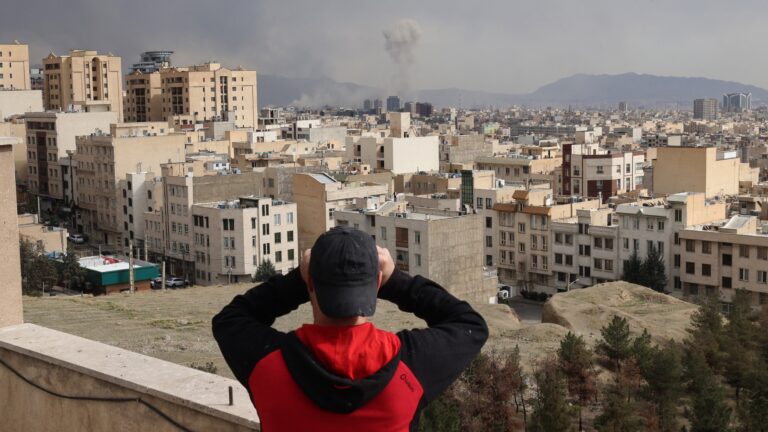The Ukrainian State Bureau of Investigation (DBR) denied having refused to investigate the death of Transcarpathian Hungarian man, József Sebestyén, who was fatally beaten by Ukrainian conscription officers. DBR responded to claims made by Hungarian Minister of Foreign Affairs and Trade Péter Szijjártó, who stated in a podcast on Wednesday that Ukrainian authorities had ‘effectively acknowledged’ that forced conscription—resulting in abuse, beatings, and deaths—is an ‘institutionalized, accepted, ordered, and executed process by the state’ in Ukraine.
Szijjártó condemned the practice and pointed out that no civilized people engage in such actions; therefore, Ukraine has no place in the European Union.
In their statement, DBR described Szijjártó’s claims as ‘manipulative’ and ‘not in line with reality’. According to DBR, proceedings were already launched at the beginning of July: the Military Prosecutor’s Office of Transcarpathia initiated a criminal procedure on suspicion of abuse of official authority. The investigation was assigned to a department of the DBR’s regional office in Lviv.
They go on by stating that authorities found no evidence of violent death. The body was examined by a forensic medical expert, and witnesses—including soldiers and doctors—were questioned. The forensic examination did not reveal any signs of external physical abuse, they added. The DBR emphasized that the investigation remains ongoing.
News broke about the brutal death of a Transcarpathian Hungarian man in Ukraine in early July. As Hungarian Conservative reported, conscription officers assaulted the 45-year-old man, József Sebestyén, with iron bars. He spent the last three weeks of his life in intensive care at a hospital in Beregszász. Details of his death were shared by his sister on Facebook.
‘My sincere condolences to the family of the Hungarian man who died as a result of forced conscription in Ukraine. We stand with you in these difficult times,’ Hungarian Prime Minister Viktor Orbán wrote on his Facebook page at the time. The incident immediately sparked tensions between Budapest and Kyiv, though the relations between the two neighbours are already at a historic low due to Hungary’s pro-peace position regarding the war in Ukraine and its blocking of Kyiv’s European Union membership.
Related articles:







